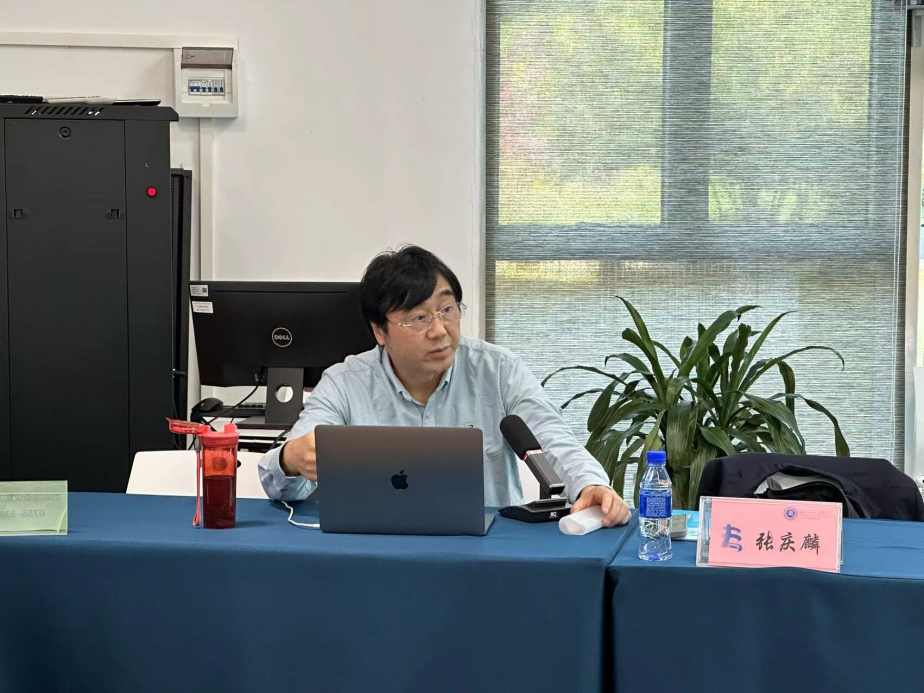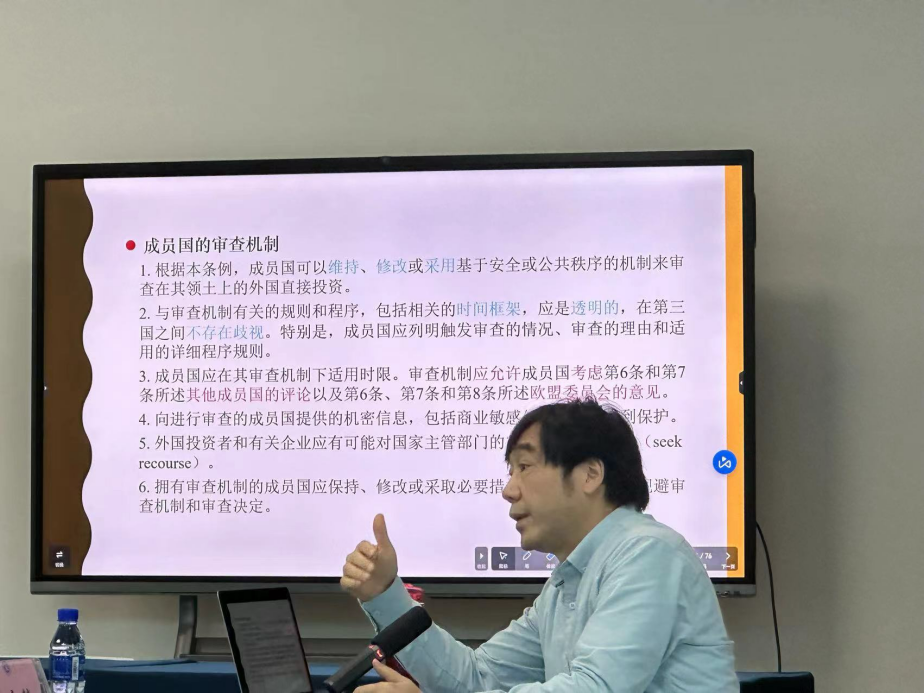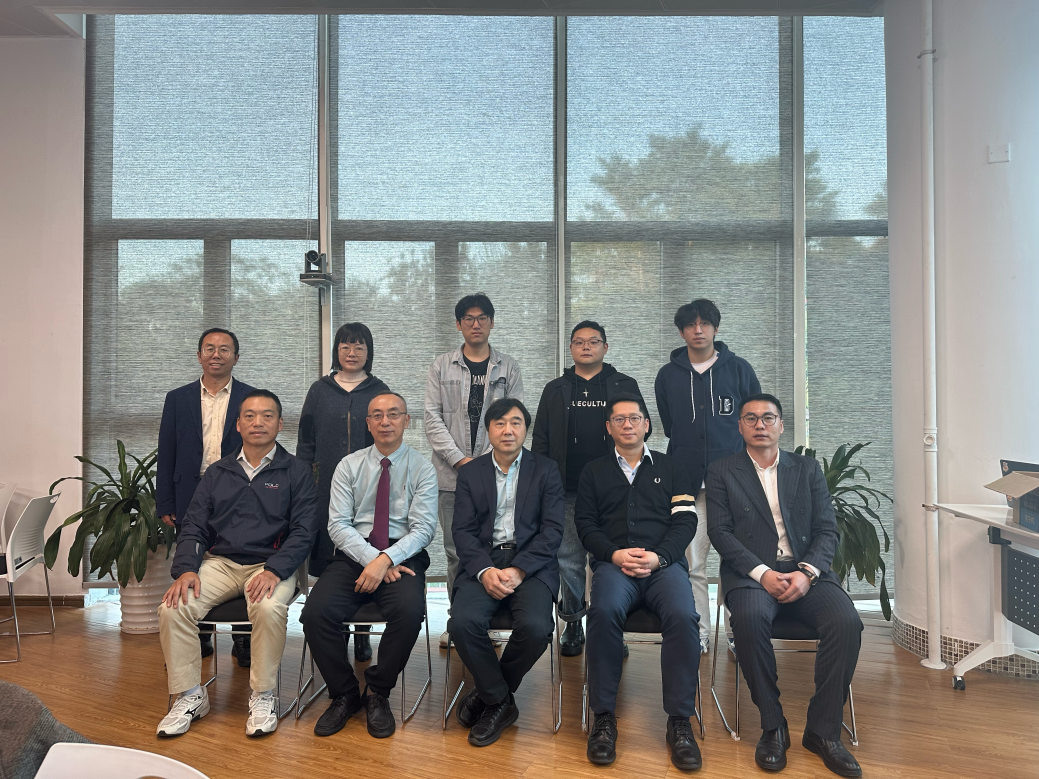
On November 26th, the 56th lecture of the BNU Zhuhai Legal Lecture Series, titled "EU Foreign Investment Security Review Mechanism and Response of Chinese Enterprises to Invest in EU", was successfully held in Conference Room A103, Lijiao Building, Beijing Normal University at Zhuhai. This lecture was given by Professor Zhang Qinglin, Vice President of the China Society of International Economic Law and a professor at Guangzhou College of Commerce, and hosted by Professor Sun Hongyou, Associate Professor at Beijing Normal University at Zhuhai. A group of teachers and students from Beijing Normal University at Zhuhai participated in this lecture.

At the outset of the lecture, the host, Professor Sun Hongyou, extended a warm introduction of the guest speaker, Professor Zhang Qinglin, to the assembled faculty and students, extolling his notable contributions to the domain of international investment law. Following this, Professor Zhang Qinglin wasted no time in diving into the genesis and goals of the EU's foreign investment security review mechanism, offering a broad perspective on the subject. He noted that this mechanism was born out of the EU's 2019 Regulation Establishing a Framework for the Screening of Foreign Direct Investments, which was designed to tackle the surge in foreign direct investments amidst the trends of globalization, particularly to counteract the potential risks to the national security and public order of EU member states posed by investments from non-EU countries.
Professor Zhang Qinglin highlighted that the EU's foreign investment security review mechanism operates on a "dual-track" system, where the member state review serves as the primary channel for initial scrutiny, complemented by an auxiliary review conducted by the European Commission. He stressed that despite the formal implementation of the Regulation, the security and public order concerns related to the European Union's critical assets have grown more acute in light of significant global developments. In recent years, the EU has undertaken numerous initiatives to refine this mechanism, including broadening the scope of reviewable entities, harmonizing member state review processes, refining review criteria, increasing procedural transparency, and providing foreign investors with access to judicial remedies. Nevertheless, Professor Zhang noted that the current mechanism's institutional framework still exhibits notable deficiencies. Certain EU member states have yet to establish a comprehensive screening framework, leading to key foreign investments entering without adequate scrutiny, thereby exposing evident gaps in the system. This incisive analysis resonated deeply with the faculty and students present.

In the Q&A and discussion segment, the participating faculty and students engaged in thorough and fruitful dialogues with Professor Zhang Qinglin, centered on the lecture's themes. They actively queried and exchanged views on burning issues such as the distinction between Screening and Review, effective measures to prevent the disclosure of commercially sensitive data, the existence of a final independent review process within the EU, and the possibility of a single member state initiating foreign investment security reviews. Professor Zhang offered detailed and expert responses to each query, bolstered by an array of practical examples, and probed into the heart of the related matters. Addressing the topic of Chinese enterprises investing in Europe, Professor Zhang underscored the importance of these enterprises acquainting themselves with the target country's review regulations in advance to circumvent potential setbacks from unexpected reviews during crucial phases of a deal. His insightful analyses provided the attendees with valuable insights and practical guidance.

The lecture concluded to the sound of enthusiastic applause from the faculty and students. It exemplified the ongoing commitment of the BNU Zhuhai Legal Lecture Series to establishing a platform for international legal academic exchange, and it offered students a significant opportunity to delve into the forefront of international legal discourse.
